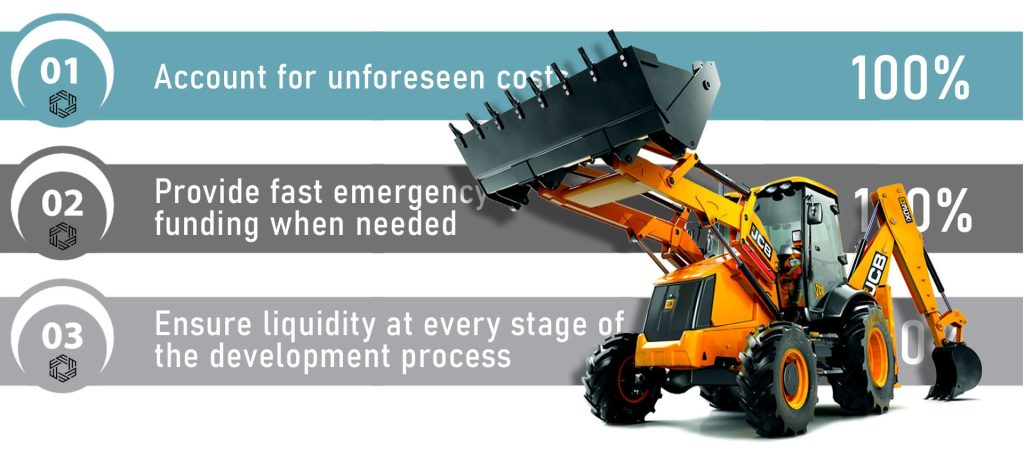How Construction Delays Due to Poor Funding Kill Profits & How to Prevent Them
In commercial real estate development, time is money. Every day a project is delayed, costs increase, returns shrink, and investor confidence erodes. One of the biggest culprits? Poor funding. When developers don’t have the right financial structure in place, construction stalls, contractors go unpaid, and projects spiral into costly setbacks.
As a lender specializing in fast, flexible funding for commercial real estate, we’ve seen firsthand how inadequate financing can derail even the most promising developments. Here’s why construction delays due to funding shortfalls are so dangerous—and more importantly, how you can prevent them with the right financial strategy.
The Cost of Construction Delays
When funding dries up mid-project, developers face a chain reaction of problems:
- Unpaid Contractors & Work Stoppages – General contractors, subcontractors, and suppliers won’t continue work without payment, causing sudden project halts.
- Rising Material Costs – Delays often extend the timeline, exposing the project to market fluctuations and price increases.
- Higher Carrying Costs – Every extra month of construction means more interest payments, property taxes, and holding costs.
- Missed Leasing & Sales Deadlines – Pre-leased tenants or buyers expecting timely completion may walk away, forcing developers to find new occupants at lower rates.
- Lender Confidence Drops – Traditional lenders may tighten loan terms or refuse additional funding if they sense financial instability.

Why Traditional Financing Often Fails Developers
Many developers rely on bank loans or institutional financing, assuming their project will be fully funded without issue. But in reality, traditional lenders are slow, rigid, and unforgiving when unexpected costs arise. Common pitfalls include:
- Strict Draw Schedules – Banks release funds in fixed phases, leaving no flexibility for unexpected expenses.
- Slow Approval Processes – If developers need additional funds, the bureaucratic approval process can take weeks or months.
- Market Sensitivity – Economic downturns, rate hikes, or credit tightening can make banks withdraw or limit funding mid-project.
- Low Loan-to-Value (LTV) Ratios – Many developers don’t get enough financing upfront, creating cash flow shortfalls later.
How to Prevent Construction Delays with the Right Funding Strategy
To keep your project on track and avoid financial pitfalls, consider these funding solutions:
1. Secure Alternative Financing for Speed & Flexibility
At Evoque Lending, we specialize in fast-closing, equity-based loans designed for developers who need quick access to capital. Unlike banks, we don’t base approvals on income or credit—we focus on the property’s value and equity position. This means:
- Funding in days, not months
- No rigid draw schedules—funds are structured to fit your project’s needs
- Higher LTV options to reduce upfront shortfalls
2. Build a Strong Contingency Fund
A well-prepared developer always budgets for the unexpected. Industry best practices suggest allocating 10-20% of total project costs as a contingency. If you’re undercapitalized, securing a flexible line of credit or additional financing before starting construction can prevent future funding gaps.
3. Work with a Lender Who Understands Real Estate Development
Traditional banks see your project as numbers on a spreadsheet. We see it as a business opportunity—and we know how critical it is to stay on schedule. With our expertise in commercial real estate funding, we help developers structure loans that:

If you’re facing a funding gap, don’t wait until it’s too late. Evoque Lending specializes in fast, no-nonsense funding solutions for commercial real estate developers.
Let’s talk and secure the capital you need.
